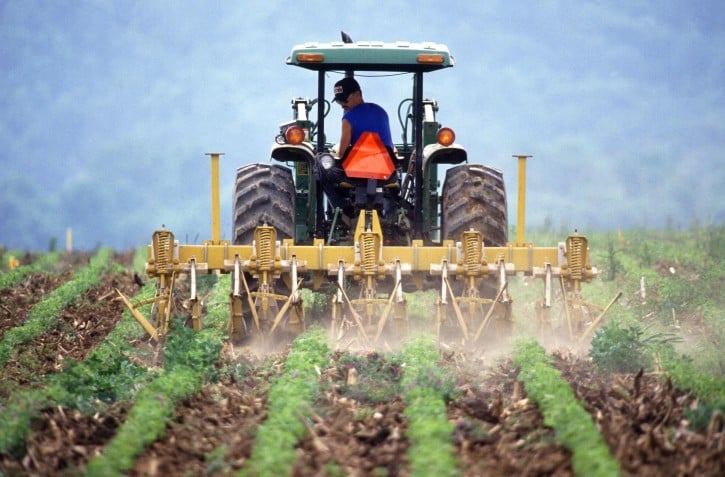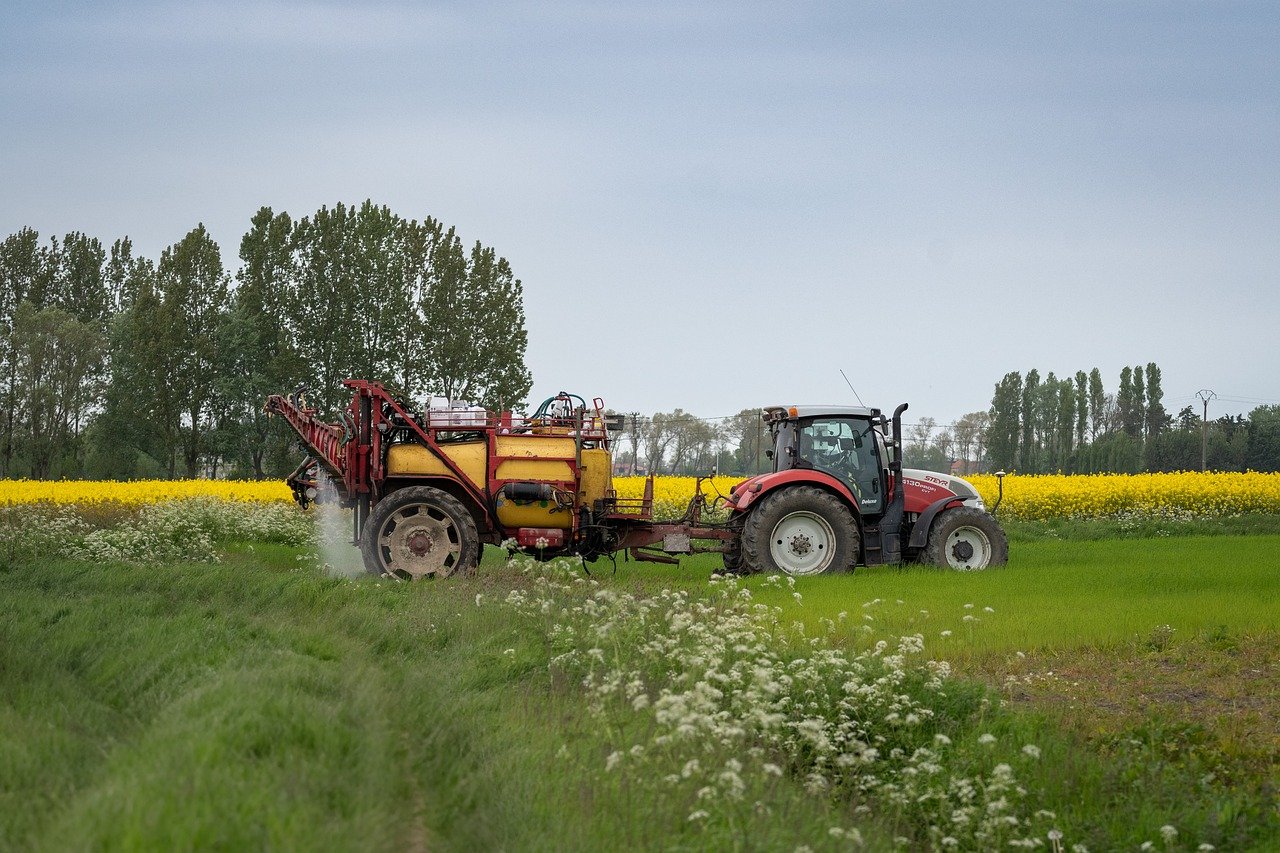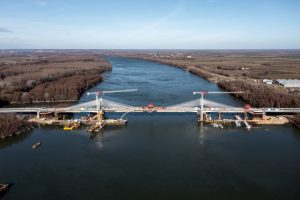
Mr. Nagy cautioned against the influence of extreme green ideologies in EU leadership.Continue reading

As the last stage of the EU’s Common Agricultural Policy (CAP) forum series in Tolna County (central Hungary), an agricultural meeting was held on Tuesday in Dunaföldvár. Topics discussed at the event included the European agricultural economic situation, changes in the legislation in Hungary, and opportunities for tenders in the period ahead, reports Teol.
The organizers, the Hungarian Chamber of Agriculture and the Association of Hungarian Farmers’ Groups and Cooperatives, invited farmers from the region. Speaking at the event, János Süli, Member of Parliament, noted that every year is a new beginning and a new challenge in agriculture: farmers know that the fate of a business can often be decided in a matter of moments.
The region and the agricultural enterprises of Tolna County play a decisive role in the region’s economy, said the MEP. He also expressed his pleasure that the bridge, which will be opened soon, will not only connect the settlements on the two banks of the Danube from a physical point of view, but will also open up new opportunities from an agricultural point of view.

The new Danube bridge is scheduled for completion this summer. Photo: Facebook/Duna Aszfalt
The briefing also covered the situation of the European agricultural economy and the changes in national legislation, as well as the opportunities for tenders in the period ahead. While in the previous period 2013-2020, HUF 1,400 billion (EUR 3.6 billion) was available for farmers, in the current period 2020-2027, three times this amount, i.e. HUF 4,200 billion (EUR 10.8 billion), is available for economic development and green transition.
Edit Vendégh, member of the Board at the Chamber of Agriculture, drew attention to the importance for farmers to be aware of the CAP aspects, as all those who submitted an application last year noticed that the European Union is placing more and more emphasis on the green transition, (i.e. it is linking the payment of subsidies to environmental and sustainability objectives). To this end, she said, it is putting more and more pressure on applicants, including for rural development funds.
“Never before has domestic agriculture had so much money to spend.
The question is how we can respond to the challenges we face – such as meeting the European Green Deal or the grain flooding in as a result of the Russian-Ukrainian war – with this many resources,”
stressed Sándor Font, chairman of the Committee on Agriculture of the Hungarian Parliament.
Via Teol, Featured image: Pixabay